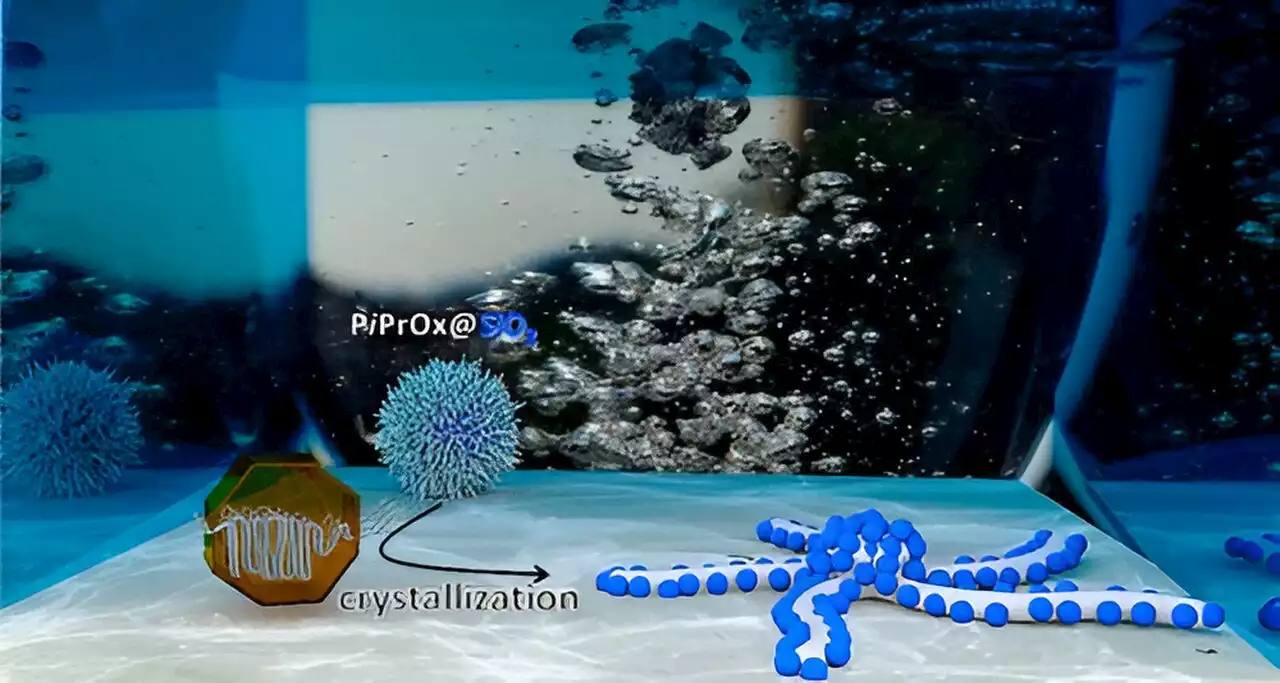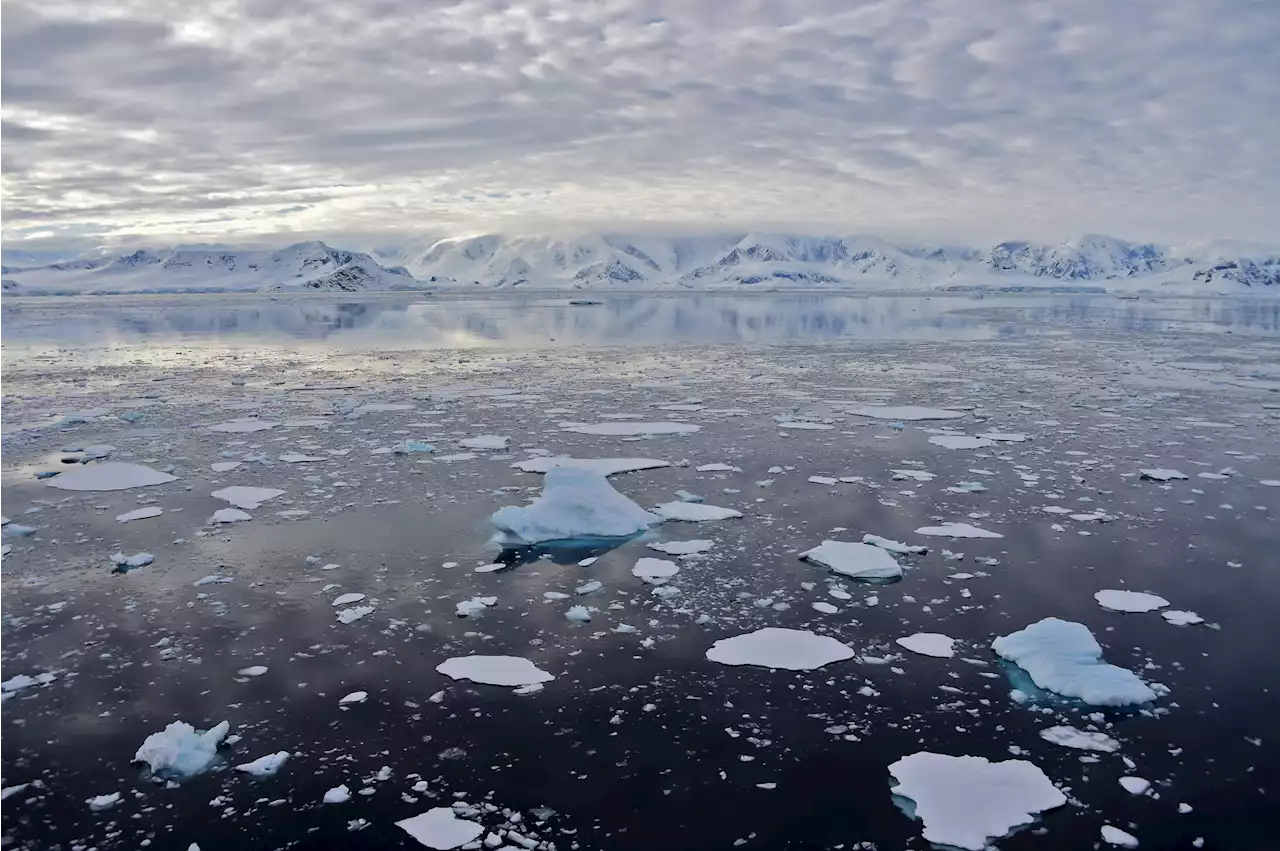The unprecedented heat wave influenced researchers to step outside in shorts to acknowledge the occasion.
Climate model simulations failed to simulate the anomaly,"showcasing a pathway for future model improvement in simulating extreme heatwaves," the study said.that given the forecast that Australia will have drier, warmer conditions as its summer approaches—and given the reduction in sea ice around Antarctica—another heat wave occurrence is possible.
"Usually when you get an air mass coming off Australia, it is modified by cooling waters as it nears Antarctica," Nicholls said."With the waters being warmer than normal, and the sea ice is low around Antarctica, there's a little less cooling coming from underneath."by about 3.6 degrees Fahrenheit, a rate that could triple by the end of the 21st century.
A glacier at Chiriguano Bay in South Shetland Islands, Antarctica, on November 7, 2019. A study found that Eastern Antarctica experienced the most severe heat wave on Earth in March 2022, when temperatures were 70 degrees Fahrenheit above average.However, it is not the first time that Antarctica has been subject to extreme fluctuations in temperature. Fluctuations also occurred at the Casey research station in East Antarctica in the summer of 2019-2020.
Given Antarctica's high latitudes, temperature variations are more common there than other more-populated areas. Still, researchers have expressed concern over the trajectory of Antarctica's temperatures and impacts from anticipated heat waves in the future. "Such extreme temperatures are concerning as these regions are key oases of biodiversity, where plants and animals have adapted over millennia to a specific narrow range of physical conditions," Australian Antarctic Division scientist Dirk Welsford said, according to the Antarctic portion of the State of Environment report in July 2022.
United States Latest News, United States Headlines
Similar News:You can also read news stories similar to this one that we have collected from other news sources.
 Scientists found the most intense heat wave ever recorded — in AntarcticaOn March 18, 2022, temperatures peaked to minus-10 degrees Celsius. That’s warmer than even the hottest temperature recorded during the summer months.
Scientists found the most intense heat wave ever recorded — in AntarcticaOn March 18, 2022, temperatures peaked to minus-10 degrees Celsius. That’s warmer than even the hottest temperature recorded during the summer months.
Read more »
 Revolutionizing Plant Proteins: Scientists Unlock the Secret to Juicier Plant-Based MeatOne of the most significant barriers to the adoption of plant-based meat alternatives is their often dry and astringent texture upon consumption. A team of scientists, headed by Professor Anwesha Sarkar at the University of Leeds, is pioneering a transformation in the texture of plant proteins. T
Revolutionizing Plant Proteins: Scientists Unlock the Secret to Juicier Plant-Based MeatOne of the most significant barriers to the adoption of plant-based meat alternatives is their often dry and astringent texture upon consumption. A team of scientists, headed by Professor Anwesha Sarkar at the University of Leeds, is pioneering a transformation in the texture of plant proteins. T
Read more »
 Scientists develop nanomaterials using a bottom-up approachScientists from the Friedrich Schiller University Jena and the Friedrich Alexander University Erlangen-Nuremberg, both Germany, have successfully developed nanomaterials using a so-called bottom-up approach. As reported in the journal ACS Nano, they exploit the fact that crystals often grow in a specific direction during crystallization. These resulting nanostructures could be used in various technological applications.
Scientists develop nanomaterials using a bottom-up approachScientists from the Friedrich Schiller University Jena and the Friedrich Alexander University Erlangen-Nuremberg, both Germany, have successfully developed nanomaterials using a so-called bottom-up approach. As reported in the journal ACS Nano, they exploit the fact that crystals often grow in a specific direction during crystallization. These resulting nanostructures could be used in various technological applications.
Read more »
 Scientists observe Hubbard exciton in strongly correlated insulatorsA team of scientists, led by Dr. David Hsieh from the California Institute of Technology, have observed evidence of stable Hubbard excitons in a photo-doped antiferromagnetic Mott insulator. The findings of their study are published in Nature Physics.
Scientists observe Hubbard exciton in strongly correlated insulatorsA team of scientists, led by Dr. David Hsieh from the California Institute of Technology, have observed evidence of stable Hubbard excitons in a photo-doped antiferromagnetic Mott insulator. The findings of their study are published in Nature Physics.
Read more »
